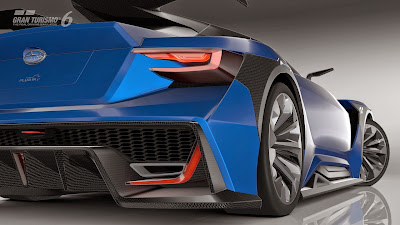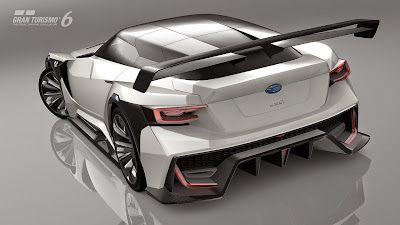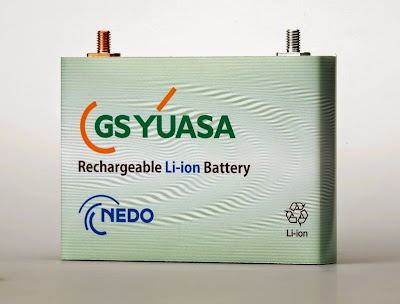General Motors China has signed a memorandum of understanding with Shanghai Jiao Tong University to collaborate on a vehicle sharing program featuring the Chevrolet EN-V 2.0 starting next year.
A fleet of EN-V 2.0 vehicles will be integrated with a multi-modal transportation system alongside bicycles, cars and shuttle buses at the university’s Minhang campus in Shanghai to evaluate the benefits and challenges of a vehicle sharing transportation model.
“The vehicle sharing program with Shanghai Jiao Tong University will allow us to assess the real-world application of the EN-V 2.0 as part of a vehicle sharing system,” said Matt Tsien, GM executive vice president and president of GM China. “We will apply these learnings to the development of future urban mobility transportation solutions, not just for China but for the world.”
"Electric vehicles represent the transportation mode of the future, but the big topic now is how to develop them," according to Yin Chengliang, vice president of the Shanghai Jiao Tong University Automotive Engineering School. "This project will explore a model that integrates electric vehicles with the transportation network and intelligent transportation system."
The Chevrolet EN-V 2.0 is the next generation of GM’s original Electric Networked-Vehicle (EN-V), which made its global debut at Expo 2010 in Shanghai. It can travel up to 40 kilometers on a single charge.
The Shanghai Jiao Tong University collaboration is a continuation of GM’s vision for sustainable urban mobility announced at Expo 2010. Shanghai Jiao Tong University is a comprehensive research-oriented university and one of China’s leading educational institutions. GM and Shanghai Jiao Tong University have collaborated on many automotive, training and development projects over the past two decades.
.jpeg)
.jpeg)













